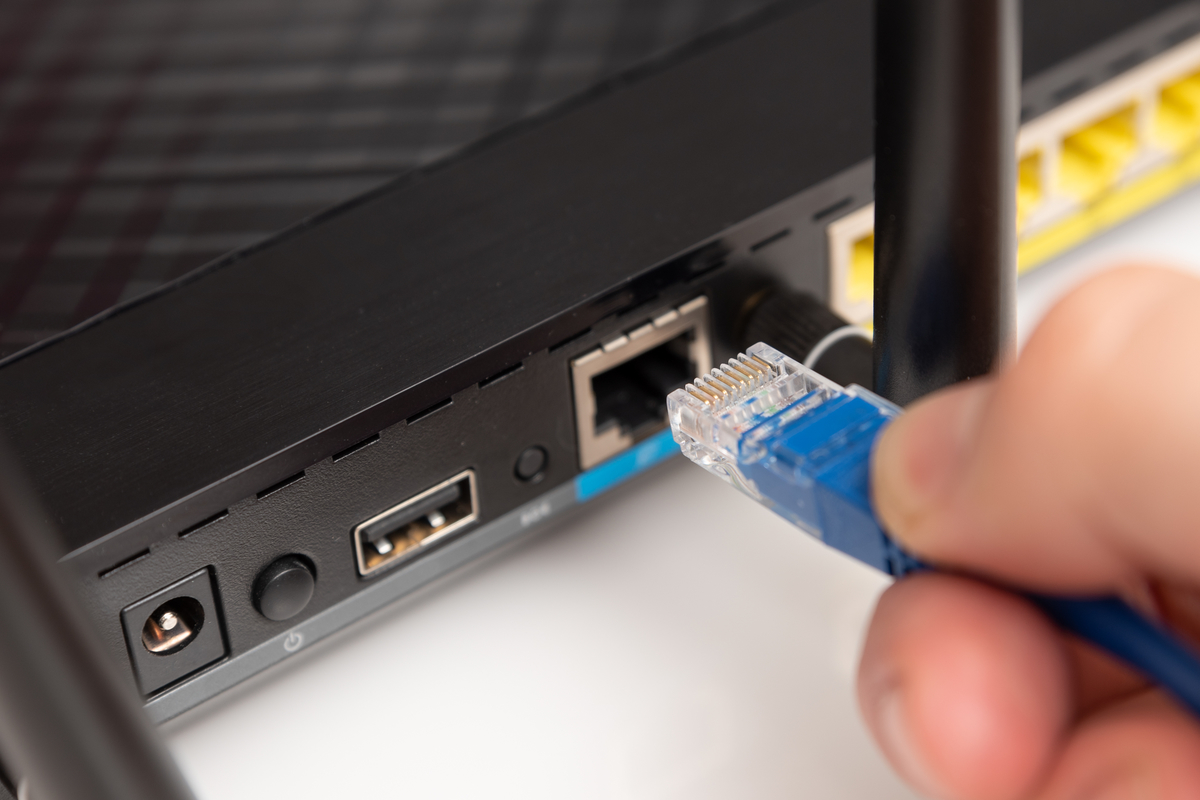Dear visitor,
You're reading 1 of your 3 free news articles this quarter
Register with us for free to get unlimited news, dedicated newsletters, and access to 5 exclusive Premium articles designed to help you stay in the know.
Join the UK's leading credit and lending community in less than 60 seconds.
Ofcom calls on providers to support struggling households
Ofcom has said broadband providers must “step up” to support struggling customers, ensuring they benefit from reliable broadband at a more affordable cost.

Senior Journalist, covering the Credit Strategy and Turnaround, Restructuring & Insolvency News brands.
It comes after research from the media regulator found that millions of under pressure families are missing out on £144 worth of annual broadband savings. Special discounted broadband packages - sometimes known as social tariffs - are available to an estimated 4.2 million households in receipt of Universal Credit.
However, according to Ofcom, only 55,000 homes have taken advantage of these discounted rates so far - or 1.2% of those that are eligible. Currently six broadband providers - BT, Community Fibre, G.Network, Hyberoptic, KCOM and Virgin O2 - offer at least one of these discount deals, with the packages being priced at between £10 and £20 a month.
The regulator is now calling on other broadband firms to support struggling households by introducing their own social tariff. It also wants to see all companies promote these deals more widely.
In addition to this, it has called on providers to make the information clear about who is eligible and to make it easy for consumers to sign up.
Commenting on the news, Ofcom’s network and communications group director Lindsey Fussell said: “People rely on their broadband for staying in touch, working and learning from home. But for those who are really struggling with rising bills, every penny counts.
“Special discounts can make all the difference, and too many broadband firms are failing either to promote their social tariff or to offer one at all. We expect companies to step up support for those on low incomes, and we’ll be watching their response.”
Alongside its call for further support for vulnerable customers, Ofcom published its affordability report, which found around 1.1 million households (5%) are struggling to afford their broadband service.
That rises to around one in 10 among the lowest-income households. And the regulator expects these problems to worsen in 2022 due to retail price increases and the wider squeeze on household finances.
The use of a social tariff could provide some financial relief for eligible households. The example it cites is the price of a standard commercial broadband package for an unemployed person claiming Universal Credit.
Such a policy would cost that consumer an average of £27 per month - or 8.3% of their monthly disposable income. Based on this, a social tariff worth £15 would almost halve their broadband costs and use up 4.6% of their disposable income.
But despite these savings, Ofcom’s research shows 84% of benefits recipients are unaware of social tariffs - and take-up is extremely low. And it has also seen limited evidence of providers actively promoting their social tariffs to eligible customers - and these deals don’t generally feature in broadband advertising or price comparison website searches.
Stay up-to-date with the latest articles from the Credit Strategy team
Get the latest industry news






